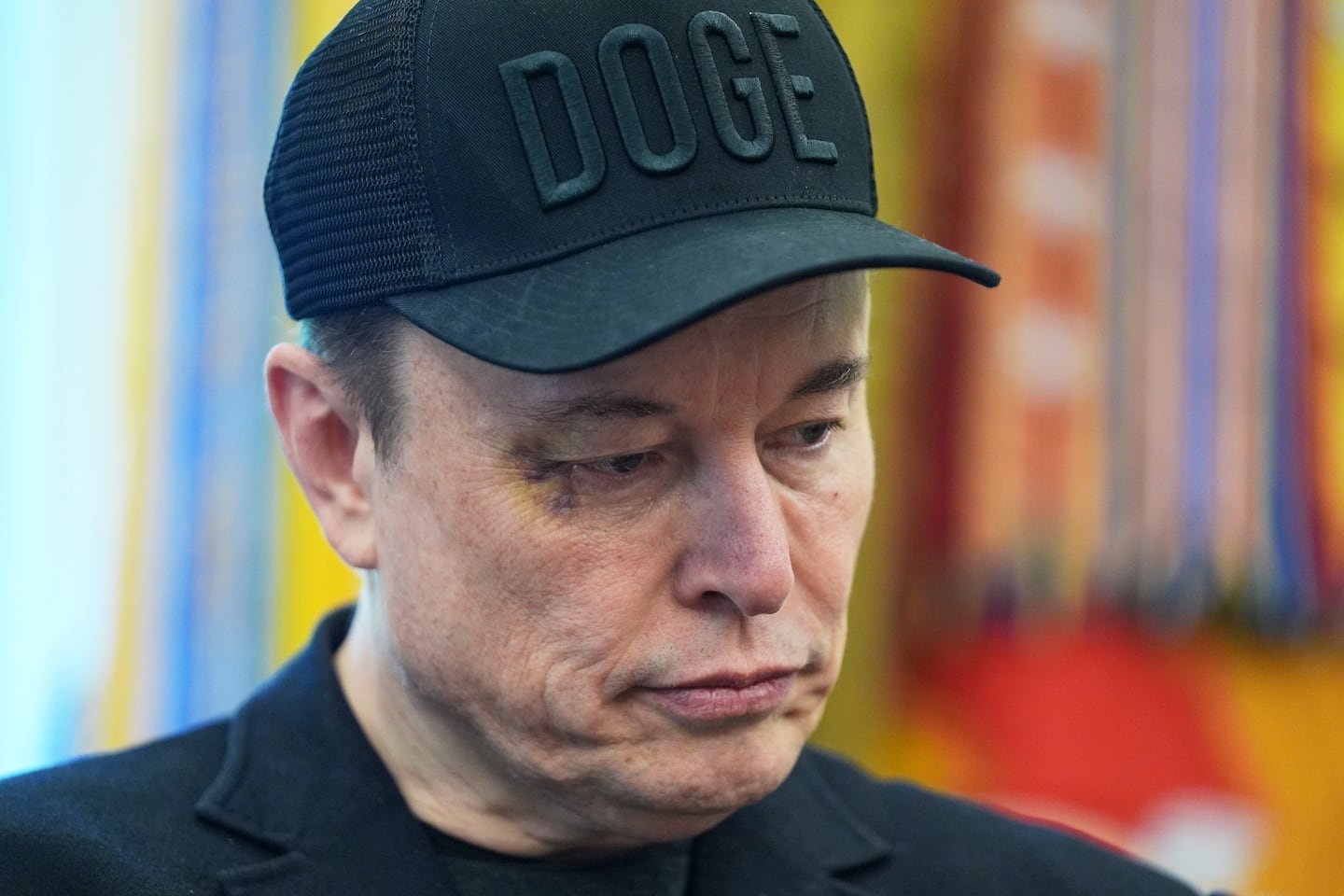Musk himself has indicated that he was leaving Washington but intended to still do work for DOGE one or two days a week.
Both statements support claims in dozens of ongoing legal challenges against Musk and the agency that Trump declared to be Musk’s “baby.” Those challenges could upend many, if not all, the actions that he and others at DOGE have taken if the Supreme Court ultimately rules that they were acting without legal or constitutional authority — something several lower courts have already strongly hinted at.
Just two days before his farewell press conference at the White House, a federal court in Washington ruled that a challenge brought by Massachusetts Attorney General Andrea Campbell and her counterparts in 13 other states against DOGE and Musk could move forward, though a claim against Trump was dismissed. The suit claims that the creation of DOGE by executive order violated the Constitution’s separation of powers mandate because only Congress can create or eliminate government agencies, not the president. It also asserts that Musk’s appointment by Trump as head of DOGE violates the Appointments Clause of the Constitution because Musk was not confirmed by the Senate
The government defends its actions by claiming that DOGE was merely a reorganization of an existing office and that Musk was a “special government employee,” limited to working 130 days in a 365-day period, under federal law. The press conference was, not coincidentally, held on the 130th day of Musk’s tenure.
But Trump’s said the quiet part out loud: Musk still holds sway in a way that undermines the administration’s claim that he was only a temporary governmental employee who didn’t need Senate confirmation.
And in an order two days earlier allowing the states’ suit to proceed, Washington-based US District Judge Tanya Chutkan wrote that even if Musk left DOGE, “that does not defeat an Appointments Clause claim.”
“President Trump may instruct another individual to lead DOGE and, if he does, States’ Appointments Clause claim may also lie against that individual,” Chutkan wrote. “Thus, the position is not personal to Musk.”
In allowing the claim that Trump exceeded his authority in creating DOGE without an act of Congress, Chutkan wrote: “The President’s power to act, and in turn executive power wielded by officers on behalf of the President, must stem either from an act of Congress or from the Constitution itself.”
The states’ suit is just one of dozens challenging the actions by Musk and DOGE, including upward of 120,000 federal employees being fired or targeted for layoffs as of April 28, the dismantling of agencies like USAID without congressional approval, accessing Americans’ personal data, slashing funding for research and humanities grants, and much more.
But if Campbell and other attorneys general are successful in their claim that Musk and DOGE exceeded their authority, it would cut to the very heart of DOGE’s existence and render the actions it has taken null and void.
Now, what is the likelihood that the Supreme Court will rule against Musk and DOGE? Perhaps greater than you think.
In a March 5 order, the court declined to intervene after a district court issued a temporary restraining order blocking DOGE’s efforts to cancel previously-approved USAID funding. Justice Samuel Alito, joined by Justices Clarence Thomas, Neil Gorsuch, and Brett Kavanaugh, dissented.
“Does a single district-court judge who likely lacks jurisdiction have the unchecked power to compel the Government of the United States to pay out (and probably lose forever) 2 billion taxpayer dollars?” Alito wrote in dissent. “The answer to that question should be an emphatic ‘No,’ but a majority of this Court apparently thinks otherwise. I am stunned.”
But it is worth noting that Chief Justice John Roberts Jr. and Justice Amy Coney Barrett, also members of the court’s conservative supermajority, joined the court’s more liberal justices in ruling against the administration.
While that move alone is no clear indicator that the court will come to the much broader conclusion that Musk and DOGE have no legal or constitutional authority, it’s an important tea leaf.
Of course, even if the states succeed, no court can fully undo the damage DOGE and Musk have done. The loss of federal jobs and benefits, the ripple effect those job losses will have on states and local communities, and the loss of crucial grant funding meant to advance research and provide humanitarian aid are just the tip of the iceberg.
But Musk’s farewell doesn’t mean he waves goodbye to potential accountability by the courts. If the Supreme Court follows the Constitution and the rule of law, its long arm should reach him wherever he is.
Kimberly Atkins Stohr is a columnist for the Globe. She may be reached at kimberly.atkinsstohr@globe.com. Follow her @KimberlyEAtkins.
